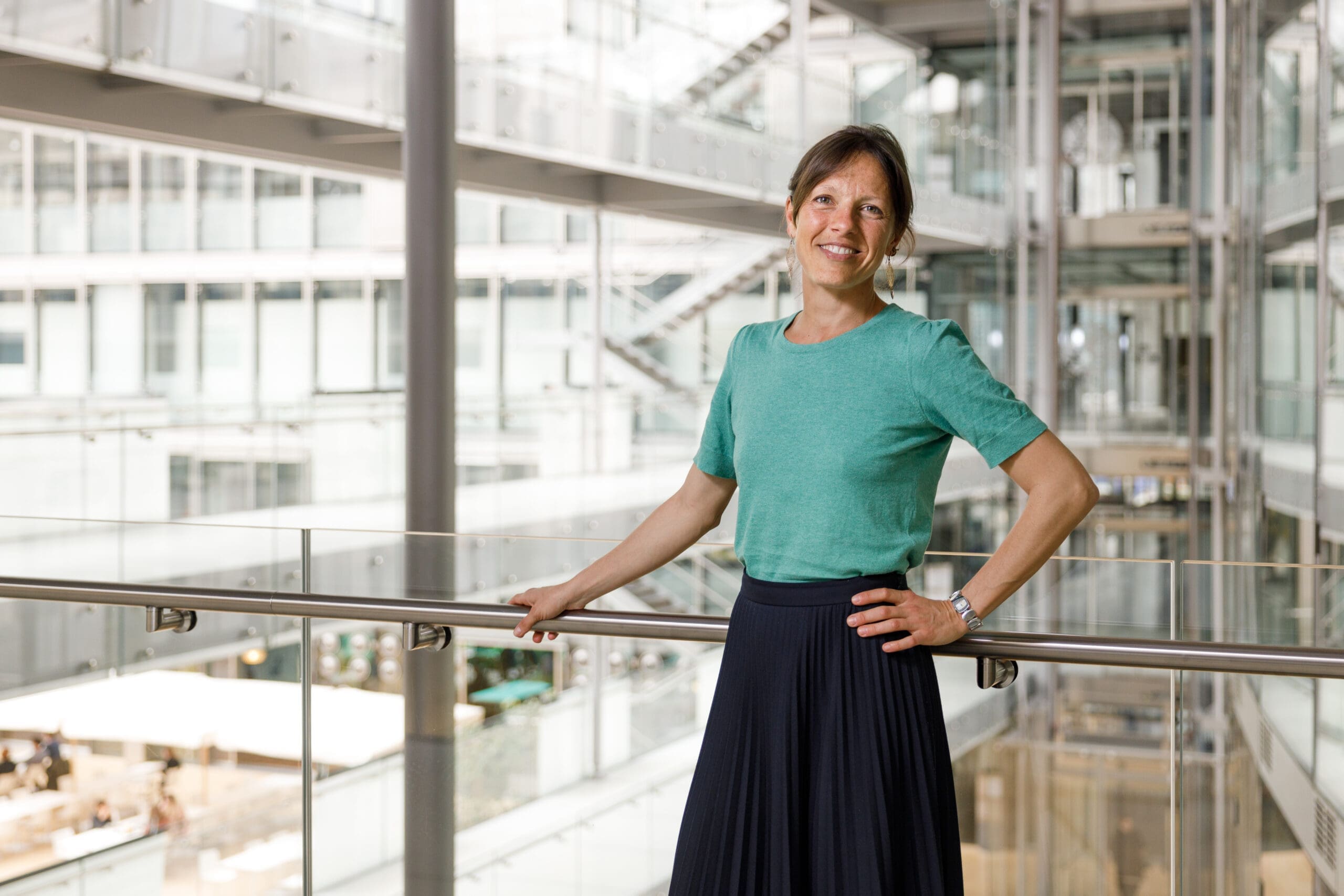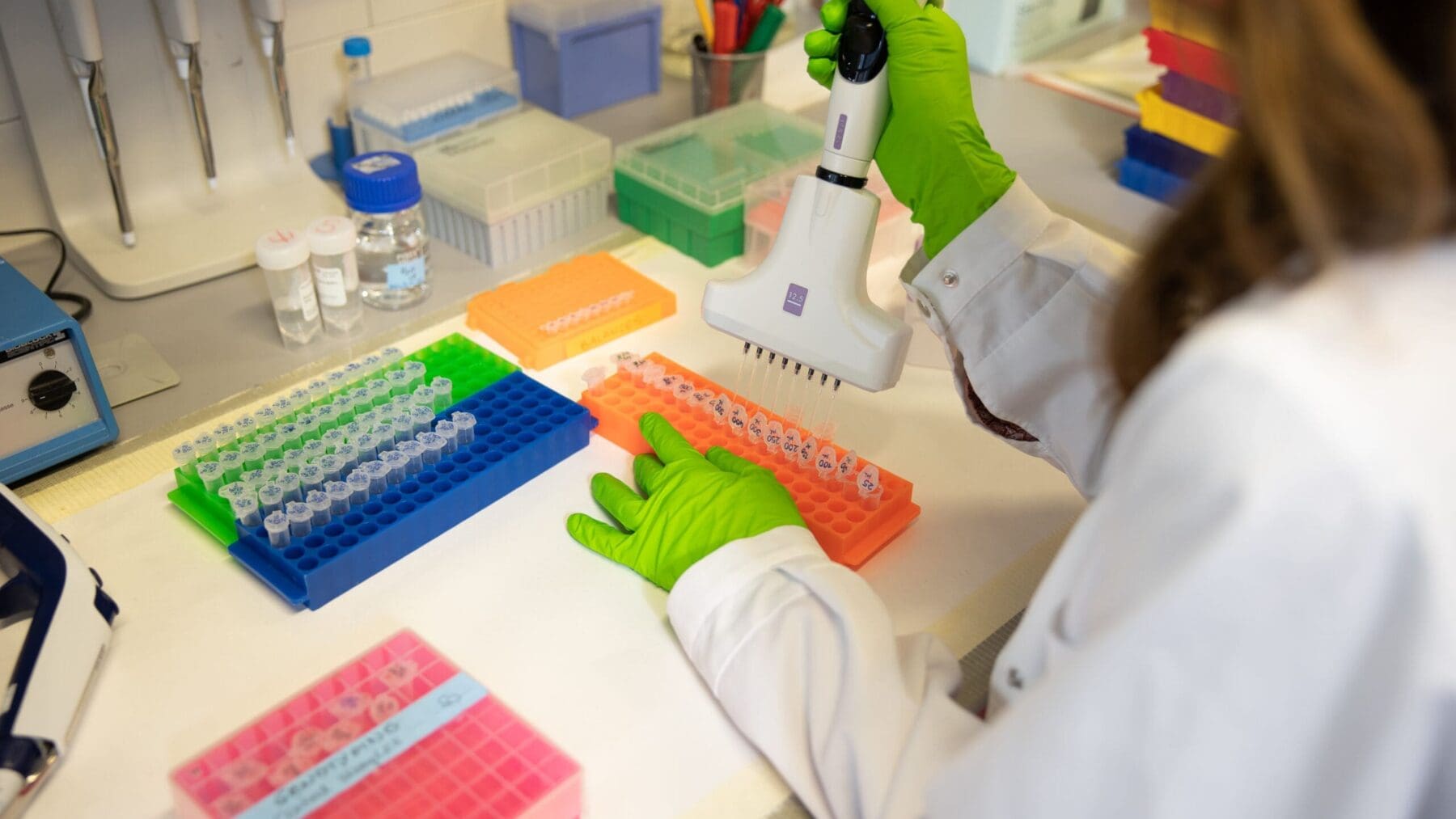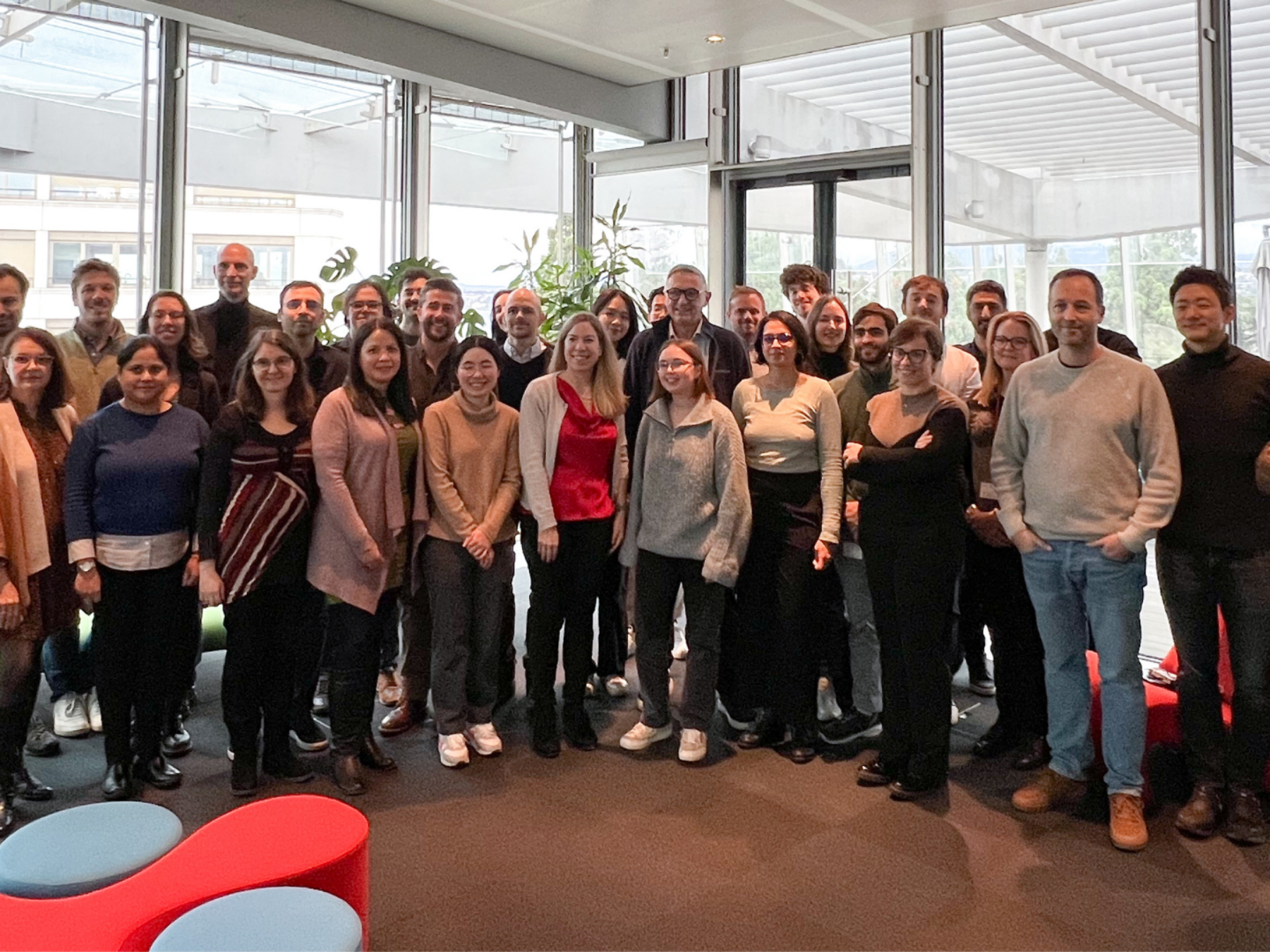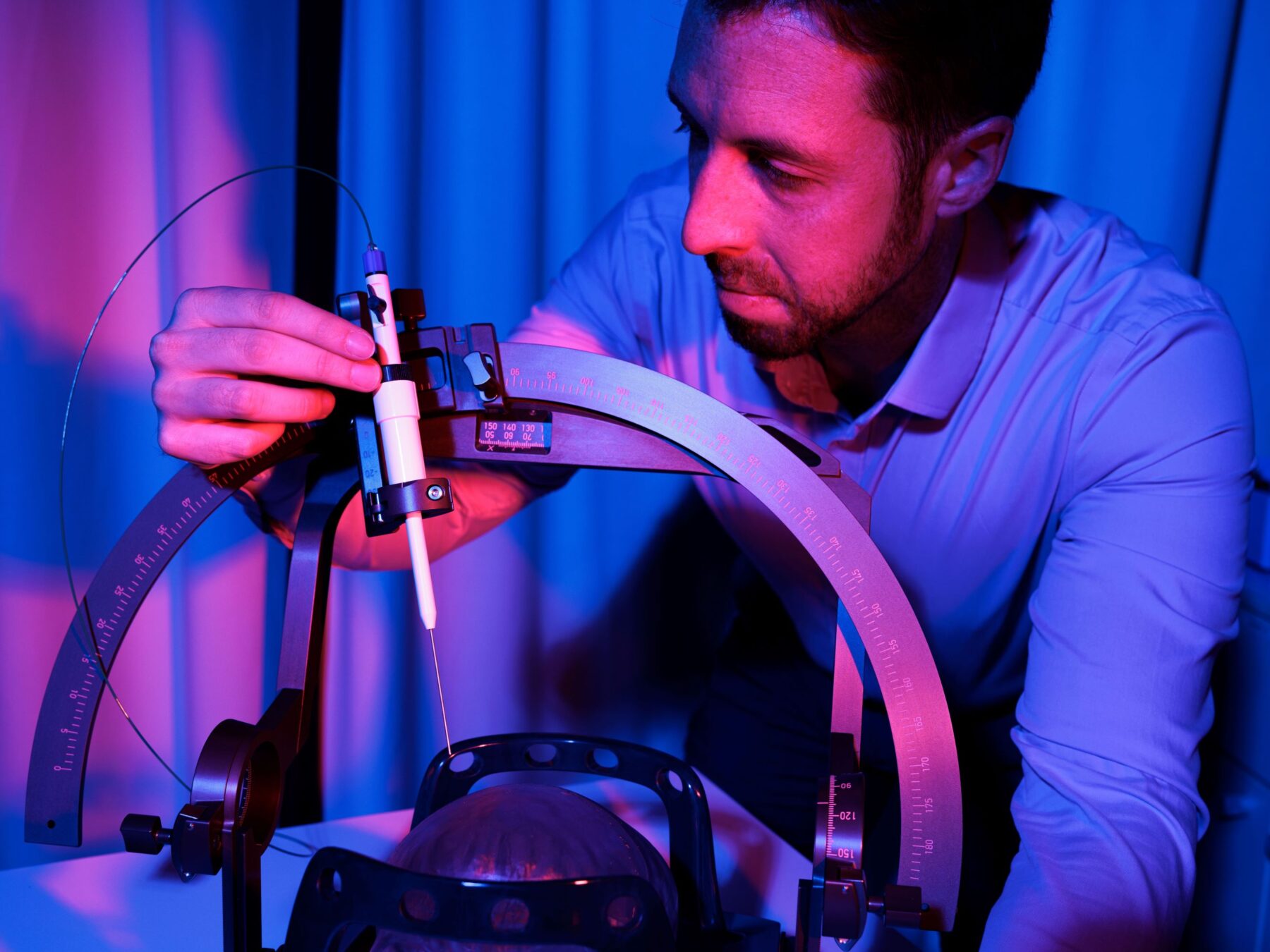The ‘in conversation’ series features members of the Wyss Center community discussing their work, their collaborations and imagining the future.
What are you working on?
I am a member of the Clinical, Regulatory and Quality Affairs (CARAQA) team at the Wyss Center. In a few words, my role is to ensure that the medical device technologies developed at the Wyss Center are aligned with the laws of national and international regulatory authorities. Practically speaking, my day-to-day work ranges from compiling good quality technical documentation during device development, to supporting the design of pre-clinical and clinical investigations and evaluating the data to demonstrate the performance and safety of the device.
What do you enjoy the most about your work?
What I enjoy the most is that, to do my job well, I need to understand how the technologies work and how they compare to existing medical solutions and methods. Therefore, I study both biomedical engineering as well as human biology and medicine for each project I am involved in.
I particularly enjoy being at the interface between R&D teams, where people are driven by scientific curiosity and the desire to provide solutions to a medical problem, and the regulatory authorities, who ensure that these solutions meet the requirements for widespread adoption by patients, in the real world. To exaggerate a little – it’s like working in the space between dreams and pragmatism.
What are the biggest challenges in your job?
A specific challenge in the regulatory affairs field is that there is often not a right versus wrong way of doing things. One must decide how to do things, based on carefully considered trade-offs, and be prepared to rationalize and justify the choice.
A more general challenge, which follows me beyond any job I hold is being constantly confronted with the limits of my knowledge – there is always more to learn!
You hold a certificate in Good Clinical Practice and Research Ethics. Do ethics play a big role in your work?
New technologies understandably raise ethical questions and responsible innovation is essential. To ethically justify a research project involving people, the researchers must demonstrate high scientific quality and integrity in which the risk:benefit ratio to participants is acceptable and in which the protection of the individual takes precedence over the scientific interests of society. Before making a regulatory submission for a research project we carefully assess it from all ethical angles.
Do you envisage a breakthrough in medical technology in the next ten years?
I previously worked as a Scientific Project Manager for a major Swiss national initiative in neuroscience where I was involved in high-performance computing and neuroinformatic approaches in neuroscience. I must say, my experiences there made me very curious to see what machine learning will bring in the future – not only in neuroscience, but in medical technology in general. From improving the accuracy of surgical robots, to analyzing big data to help with personalized clinical decision making – I think machine learning will have a huge impact in many different fields of medicine.
What would be the biggest challenge for these advances to reach patients?
The big challenge for an emerging field like machine learning in medical technology would be for it to be regulated of course! While existing regulation protects society from known risks of existing technologies, we need legal frameworks to evolve and to keep pace with rapid rates of technology development. Once the regulation is in place, these technologies can be approved and reach patients in the real word.



